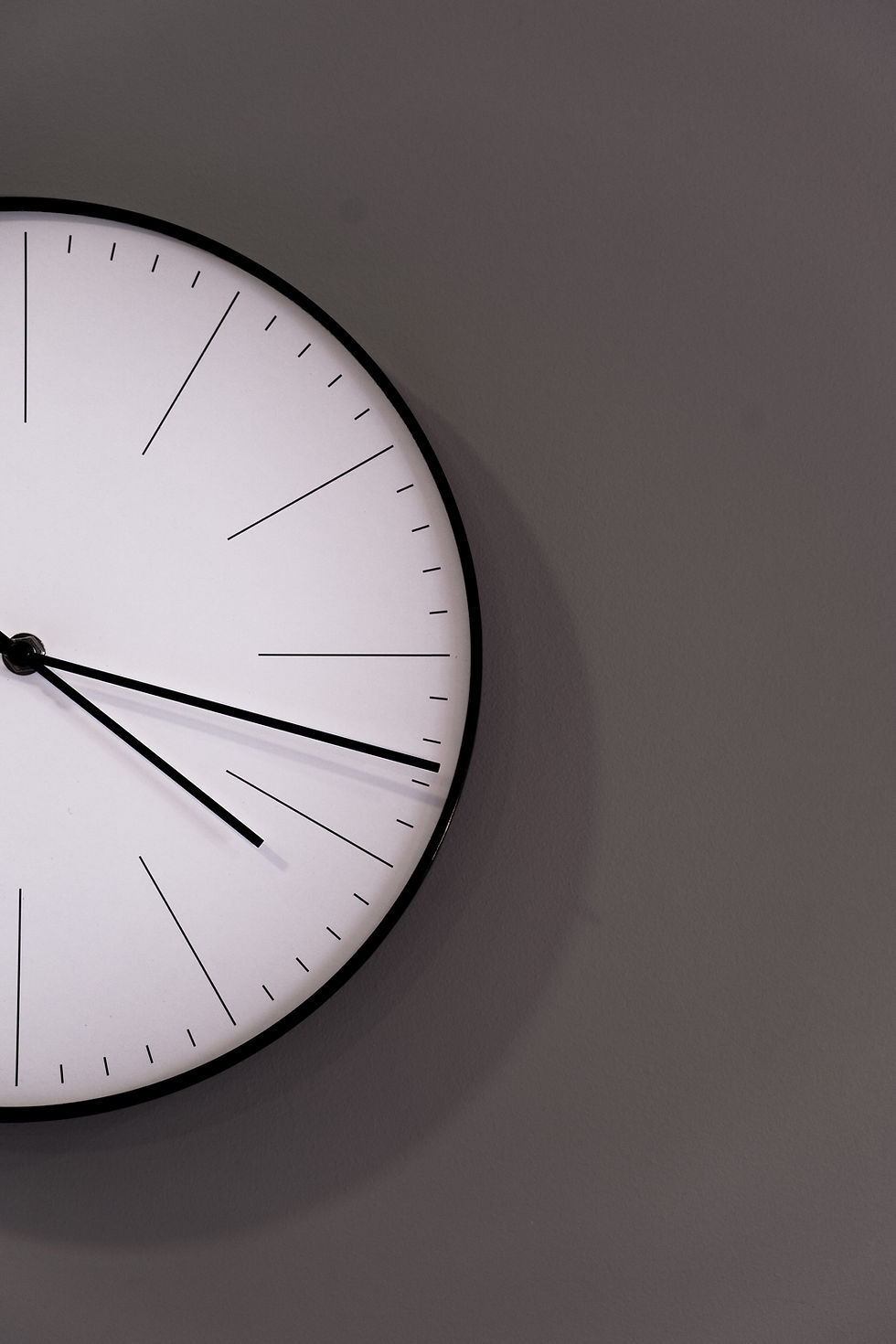Is My Curiosity Uncomfortable for You?
- myempower

- Sep 15, 2021
- 4 min read
EMPOWER Malaysia organised a writing competition for aspiring writers with the theme “YOUth of Tomorrow”. This is one of the top entries in the essay category, written by Clair Gunardi.

“Where do lions live?”, “What's under the ocean?”, “Can we go to space? Why do we need air to breathe?” … I have always been a curious soul. As a kid, I would often ask my parents about certain things, and they would provide me the answers. And like any other kid, I would believe whatever they told me.
I remembered one day at my primary school, the teacher recently taught us about jobs and gave us homework about what we aspire to be when we grow up. I came home that day and discussed what I wanted to be with my parents. I said to them, "Mom, Dad, can I be in the army?" They paused and looked at me pensively before answering my question. After that, they pointed out to me that being in the army is only for boys. I got upset at the answer because I always thought camouflage outfits are cool and would not get the chance to put them on. At that time, I didn’t even question their responses, because I was still a kid, and what do I know?
The believing and accepting what adults, especially my parents told me as true goes on for a few more years. I would ask much older people questions and they would give me answers, answers that I wouldn’t probe further. I would never question my elders, because how could I? I was taught that adults knew more – knew better – and I should always accept their wisdom.
Until I grew up.
It came to a point where there were so many answers, I wasn’t quite satisfied with. I began to inwardly ask myself the why’s. One day, when I was deciding my academic path for my higher education. I asked my parents if I can study law because I wanted to be a lawyer to become a revered politician. I wanted to dabble (well, more than dabble) in law because I was inspired by my high school senior on her social media post about feminism. Being socialized in a patriarchy, and having faced internalized and explicit misogyny, I wasn't quite aware of the gender oppression that happened in this (man’s) world. Seeing her vocal and passion for feminism – the ideology of the liberation of the oppressed – shook something in me.
“You are not a man, nor the correct skin color nor the correct religion to be one, so we don't think they will let you, a Chinese non-man to be a politician," was the response my parents could gather. I was furious. I am well aware that most politicians are of the "same" stripe (i.e., ethnicity and religion). but I didn't know the extend I was restricted – and stripped of opportunity – because of my gender, race, and religion. I didn't want to believe it. As much as I want to deny and defy my parents’ wisdom, whatever they said translated into reality, it was true.
Sociologists use the word “lens” as the tool we use to see the world. As I'm becoming more aware and critical of what is going on in our everyday lives, I have gained a new lens. I see the world of inequality and gaps everywhere I go. Gender, race, status, income, sexual orientation, etc. Neither blood, sweat nor tears, but these immobile, immovable, and invisible factors of what constitutes a human being, are the determinants of having a better life.
In the end, I didn't take up law, of course, I didn’t. I have come to my senses that I don’t have to be a lawmaker or a politician to challenge the status quo. Can you imagine the weight off my shoulders when I realize it doesn’t take an “(very) important person” to change the world we live in? Because we create the world, we want to live in. We do have it in us. So, I held on to the following two principles:
1. be curious.
2. never, ever get comfortable with the way things are run.
This means privilege is a systemic outcome, and that those who aren’t privileged will live in perpetual discomfort. This also means those who dare question the systems that keep powerful people powerful – and make them more powerful each day – will be ostracized, threatened, disenfranchised. However, I will still question and look to what we can achieve by overcoming the disparities we experience in this world. “All lives cannot matter until Black Lives Matter,” is a popular quote by many Black activists. Similarly, there can be no liberation until there is liberation for all.
So, what can we do to ensure the communities that are “worse off” compared to us achieve the same level of comfort we have or aspire to have? There is no one answer, and the answer isn’t simple at all. I believe in the youths not because we have fresh new ideas, but because we bear the wisdom of our elders and the wisdom of many Black and Indigenous, dark-skinned, and queer-trans activists. History has taught us one thing – that everyBody can and has the power to oppose oppression, but it is never an easy feat. Nevertheless, we struggle. Onward.





Comments